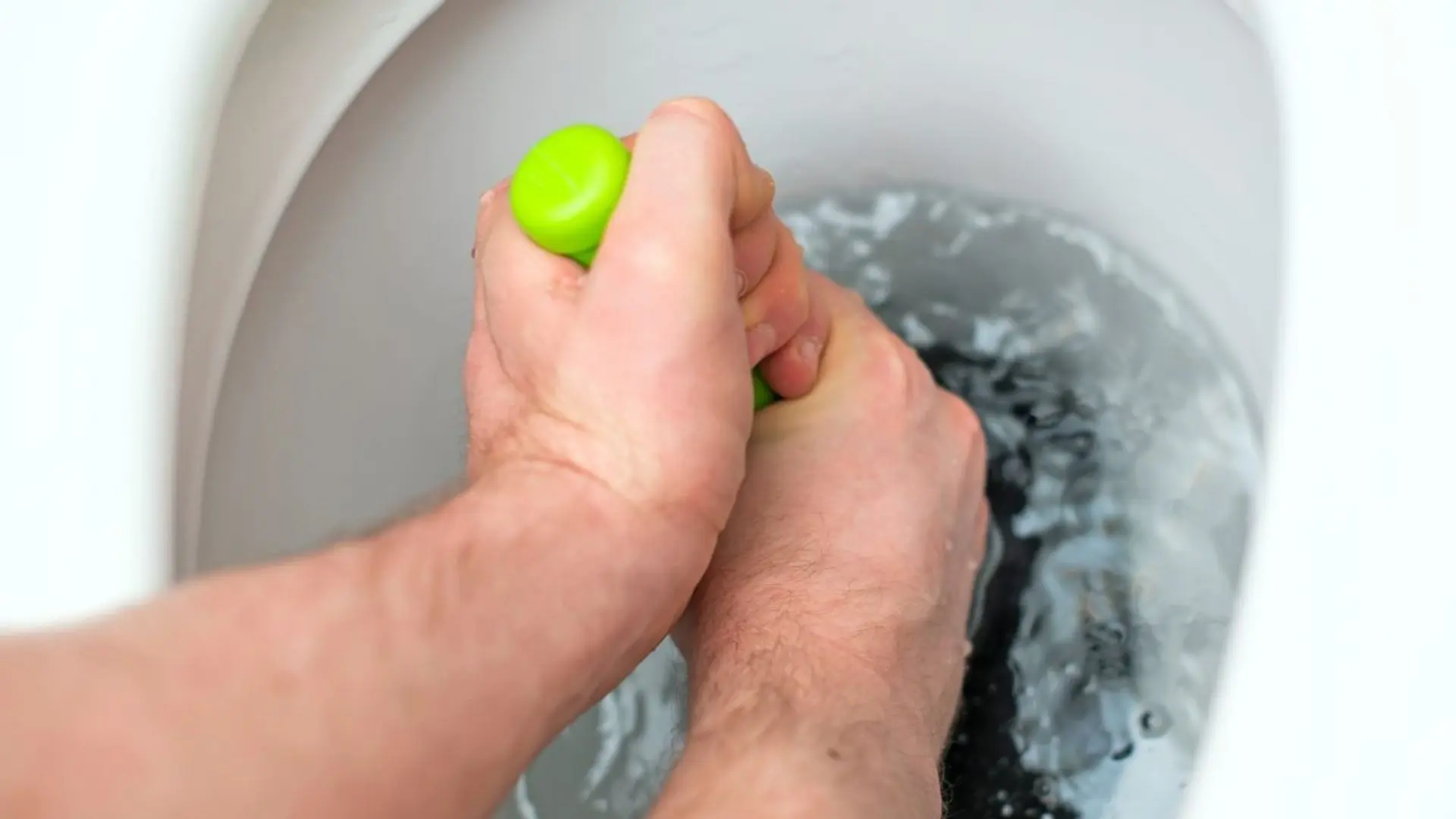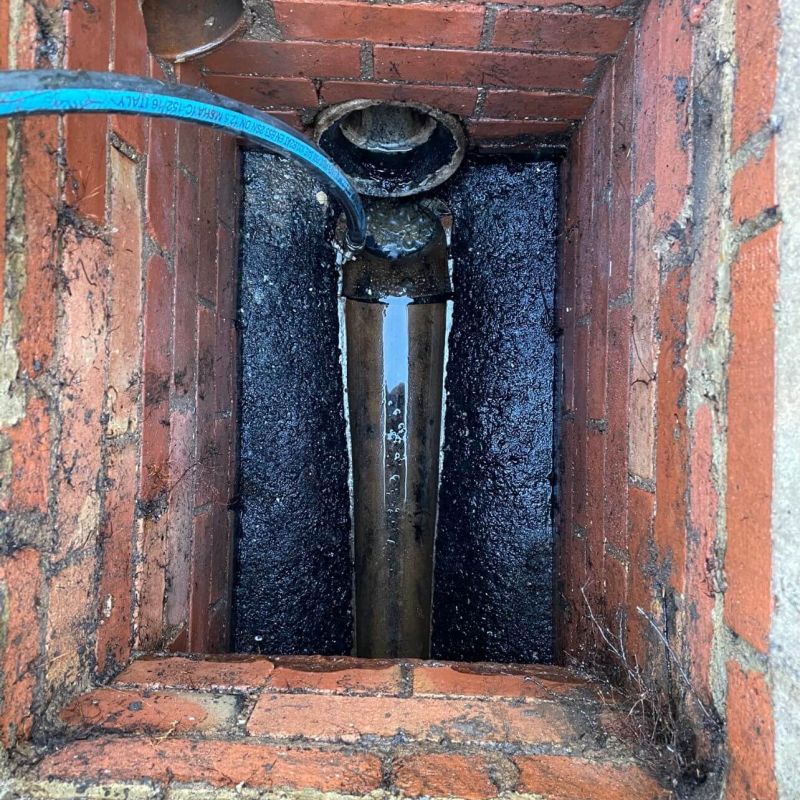Techniques for Addressing a Blocked Drain Prior to Seeking Professional Assistance
Techniques for Addressing a Blocked Drain Prior to Seeking Professional Assistance
Blog Article
We have discovered this great article pertaining to What I learned from trying to deal with a clogged drain listed below on the net and decided it made good sense to share it with you on this site.

Intro
Dealing with a blocked drainpipe can be a discouraging experience, interrupting day-to-day tasks and potentially triggering damages to your residential or commercial property. However, prior to connecting to plumbing experts, there are actions you can require to resolve the concern yourself. In this overview, we'll check out DIY remedies and safety nets to deal with a blocked drain successfully.
Recognizing the Problem
The primary step in dealing with a blocked drainpipe is recognizing the signs. Slow drain, gurgling audios, foul odors originating from drains pipes, or water backing up are common indicators of an obstructed drainpipe. Identifying these signs early can assist prevent better complications.
Picking the Right Pipes Solution
When picking a pipes solution, consider elements such as experience, licensing, and client testimonials. Choose a trustworthy plumber with a track record of high quality craftsmanship and clear rates methods.
Cost Considerations
The cost of professional drain cleaning company can differ depending upon the intensity of the clog and the plumber's rates. Request quotes from several suppliers and ask about any type of service charges to make sure transparency and avoid surprises.
Safety and security Precautions
When trying do it yourself drain cleaning, prioritize security. Wear safety gloves and eyeglasses to prevent contact with damaging chemicals or germs. Never ever blend different drainpipe cleansing products, as this can produce dangerous fumes.
Situation Researches
Real-life examples show the effectiveness of do it yourself remedies and the relevance of prompt professional treatment in resolving drain clogs.
Common Root Causes Of Blocked Drainpipes
Comprehending the factors that contribute to drain blockages is necessary for reliable resolution. Usual wrongdoers consist of hair, soap residue, grease, food debris, and international objects like hygienic products or paper towels. Tree roots attacking underground pipelines can also cause significant obstructions.
Do it yourself Solutions
For minor obstructions, several do it yourself services can be efficient. Pouring boiling thin down the drainpipe can help dissolve oil and debris. Baking soda and vinegar or a combination of salt and cooking soda can serve as all-natural cleaners. Utilizing a plunger or pipes snake to displace obstructions is an additional choice.
Devices and Devices
Having the right devices accessible can make DIY drainpipe cleansing a lot more effective. A plunger is a versatile tool for getting rid of blockages in sinks, commodes, and showers. A pipes snake or auger can get to deeper clogs, while drain cleansing chemicals can be used very carefully for stubborn clogs.
Safety nets
To stay clear of future obstructions, taking on safety nets is important. Mount drainpipe guards or filters to capture hair and particles prior to they enter the pipelines. Routinely flush drains pipes with hot water to dissolve grease accumulation, and stay clear of taking care of grease or solid waste down the drain.
When to Call an Expert
While do it yourself options can settle minor obstructions, particular indicators indicate the need for expert help. Relentless obstructions, foul odors in spite of cleaning up initiatives, or numerous drains pipes supporting concurrently are red flags that necessitate professional treatment.
Conclusion
By following the ideas laid out in this overview, you can properly take on obstructed drains pipes and stop future plumbing issues. Whether opting for do it yourself services or looking for professional support, punctual action is essential to keeping a healthy and balanced pipes system and preserving the integrity of your home.
How to Clear a Clogged Drain Yourself (And When to Call In the Professionals)
What Can Clog a Drain
Dirt Skin flakes Hair Grease Soap scum Food Offset pipes Tree roots Small objects Mineral buildup DIY Tricks to Unclog a Drain
You can fix this! Once you have identified the source of the clog (or have a vague idea), you can try one or a combination of these fixes in order to clear your plumbing.
Wire Hanger or Snake
Untangle and clear out hair from a drainpipe with a homemade snake. Use a straightened-out wire hanger with a 90-degree angle hook to locate the clog and drag out any unwanted material.
Remember not to push the clog further down to where the wire hanger cannot reach! If you need to follow up with a plunger, give it a try. Your efforts might be more successful after it’s been wire-snaked.
If you want to get fancy and don’t have a wire hanger to spare, head to the store and pick up a hand-operated drain snake. You can get one for $10-$30. It may save you the hassle, and provide additional length to reach deep into the clogged pipe.
Plunger
A cup plunger has a suction cup attached to a wooden handle. The rubber creates a seal around the drain, and increases the pressure force of the plunger.
Plunge for 30-second increments to loosen the clog. This may need to be repeated over the course of 15-20 minutes. Once plunged, run the water to flush the remaining material out of the drain.
Remember– never use a plunger if you have used a chemical drain cleaner. These chemicals can splash up from the force of the plunger and cause serious injury or burns.
Boiling Water
Hot water can sometimes break up materials into a flushable amount. Dirt, grease, and soap buildup requires heat in order to unstick from surfaces.
Take your kitchen kettle and heat your water to a boil. Once it reaches a rolling boil, pour it directly down the drain into the blockage. Carefully follow with plunging, if necessary.
Don’t worry if this takes more than one try! It can often take multiple kettles and repeated plunging in order to clear a particularly stubborn clog.
Chemical Drain Cleaner
As a last resort, pick up a bottle of chemical drain cleaner. Drain-cleaning chemicals are potent, and not very good for the environment.
You may need to wear protective eyewear in gloves before handling your bottle of chemical drain cleaner. Follow the instructions printed on the bottle, and flush with water as soon as the instructions allow. Do not follow with plunging.
Baking Soda and Vinegar
As a safer alternative to chemical drain cleaner, baking soda and vinegar can create a chemical reaction that clears tough clogs.
Combine one cup of cleaning vinegar with one cup of boiling water, and set aside. Once you have done this, pour half a cup of baking soda down the drain. Give the baking thirty seconds to settle and cover a large portion of the problem drain.
Following the baking soda, pour down your vinegar and hot water solution. Once the vinegar and baking soda combine, the mixture will bubble and fix. Let this reaction fizzle in the drain for about an hour.
After an hour, follow with a kettle’s worth of hot water. The heat and liquid should flush out any remaining material.
When to Call a Plumber
If your DIY attempts haven’t cleared your clog drain, it’s time to call in a professional. It’s not worth losing access to your kitchen sink or high-traffic bathroom. A clog in a vital area can keep you from the things you’d rather be doing, and derail your routine.
Anytime a clog is causing water to spread is a time to call in a plumbing service. What starts out as a little bit of water can quickly grow into serious, expensive water damage.
Additionally, a serious clog can result in burst pipes or serious leaks. Make sure you know when to take it seriously!
https://myguysnow.com/how-to-clear-a-clogged-drain-yourself-and-when-to-call-in-the-professionals/

I'm very occupied with What I learned from trying to deal with a clogged drain and I'm hoping you appreciated our entry. Do you know about another person who is fascinated by the subject? Feel free to share it. Thanks for taking the time to read it.
Find Out More Report this page